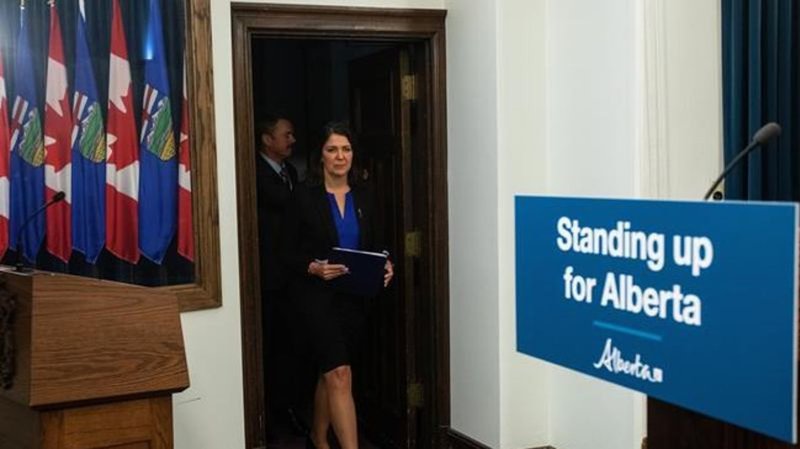
List of areas the Alberta government accuses Ottawa of overreaching
EDMONTON — When the Alberta legislature resumed sitting Tuesday, the first bill introduced by the United Conservative Party government was one aimed at shielding the province from federal laws it deems harmful to its interests.
The Alberta Sovereignty Within a United Canada Act was a key promise from Premier Danielle Smith when she was running for the leadership of the party, replacing Jason Kenney.
Smith said Tuesday that past efforts to work with the federal government have not worked and Ottawa continues to interfere in constitutionally protected areas of provincial responsibility.
Here are four areas Alberta has accused the federal government of overreaching:


